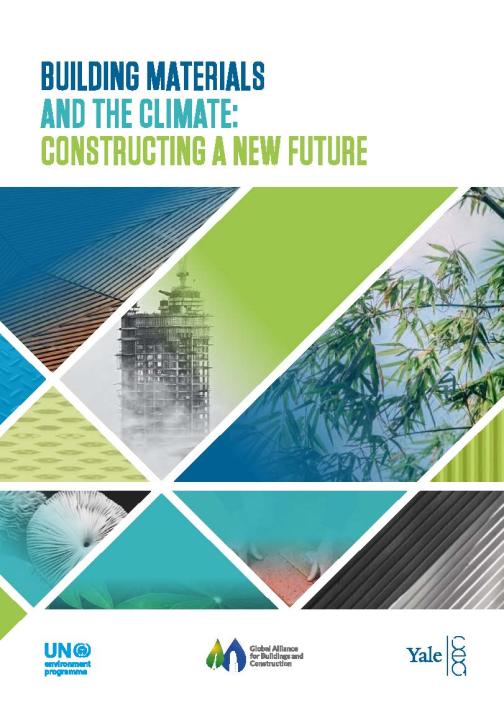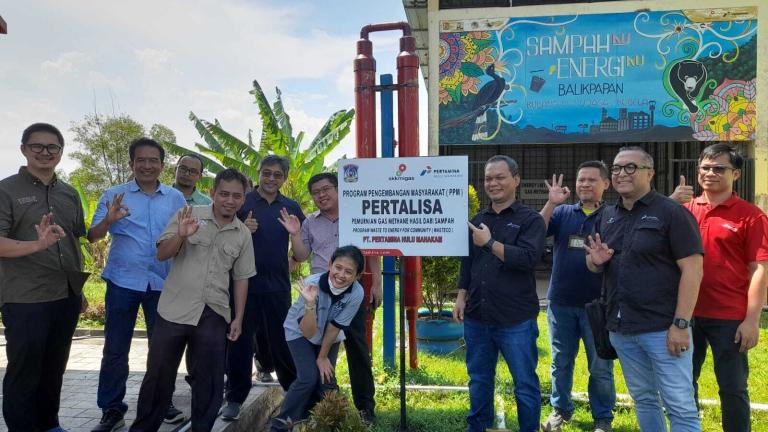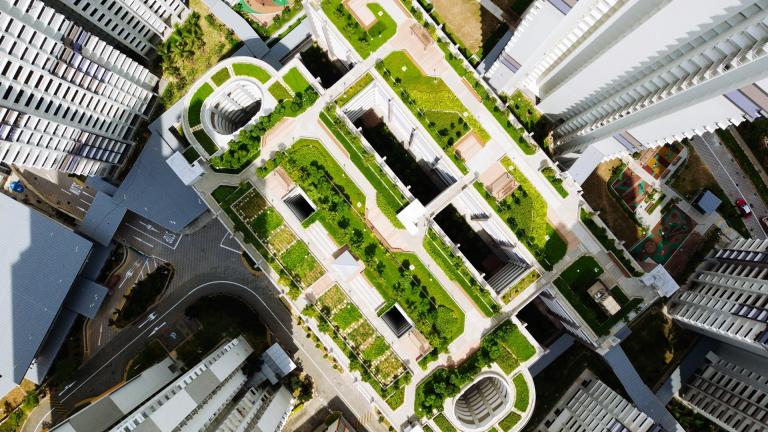Report

Building Materials and the Climate: Constructing a New Future
Published by UNEP, this report highlights the need to develop new models for decarbonizing building materials, if the world is to reach its goals for net zero emissions from the built environment sector by the mid-century.
The built environment sector is by far the largest emitter of greenhouse gases, responsible for at least 37 per cent of the global emissions. Yet it has received only a small fraction of climate-focused development funding, compared to other sectors. Until now, most of the progress in the sector has been made on reducing the “operational carbon” of a building – the emissions created from heating, cooling and lighting, which are projected to decrease from 75 per cent to 50 per cent of the sector in the next few decades. However, solutions for reducing the “embodied” carbon emissions from the design, production and deployment of building materials such as cement, steel, and aluminium have lagged far behind.
This report, published by UN Environment Programme, highlights the urgent need to develop new models for cooperation on the decarbonisation of building materials, if the world is to reach its goals for net zero emissions from the built environment sector by the mid-century. Focusing on strategies to facilitate cooperation across the sector, the report details three essential processes: avoiding extraction by emphasizing circular economy approaches; shifting to regenerative materials like timber and sustainably-sourced bricks, and improving processes to decarbonize conventional materials like steel and aluminum.

Second National-Local Dialogue for Morocco: From Vision to Local Action, Advancing the Circular Economy
Building on the first National-Local Dialogue, this convening offered an opportunity to deepen discussions around localizing circular economy principles across the country.

Building Indonesia’s Approach to Waste Management in Balikpapan
As waste management poses a challenge across Indonesia, this city is showing how a community-based circular economy approach can address the crisis.

First National-Local Dialogue for Morocco
To accelerate the circular economy transition in Morocco, UrbanShift and ICLEI will gather representatives from all of the country's regions to collaborate and discuss shared goals.

Unlocking Subnational Finance for Green Sectorial Transformation: A Focus on Buildings & Cooling
Hosted during COP30 in Belém, Brazil, these dynamic panel discussions will explore strategies for enhancing access to transformative finance, and how these resources can support local climate transitions.
